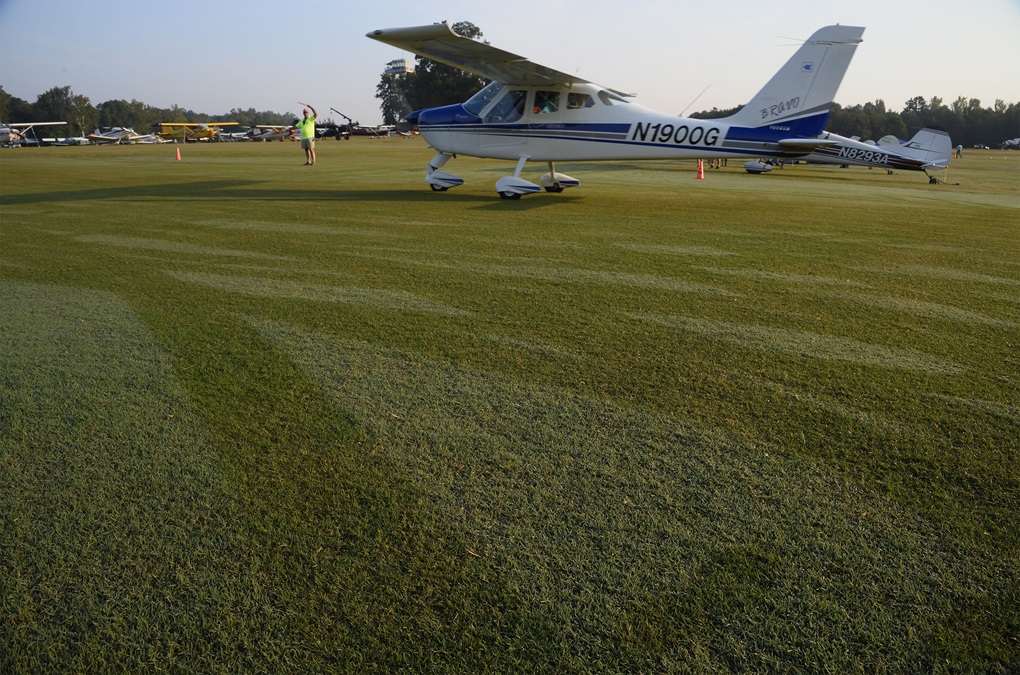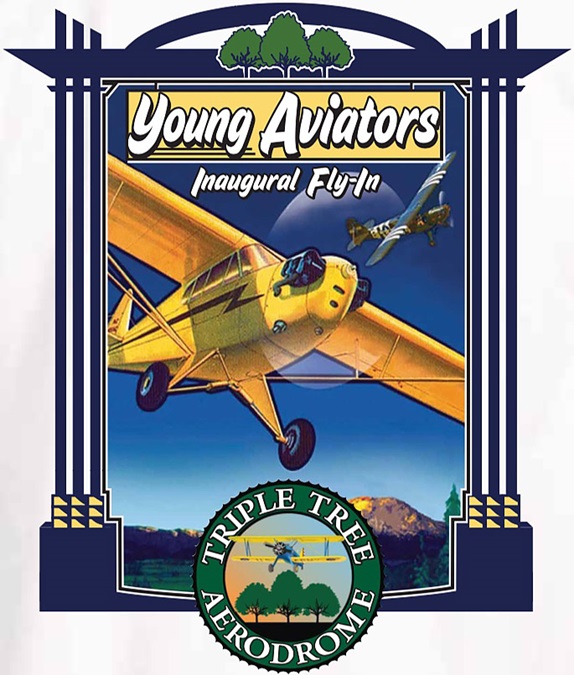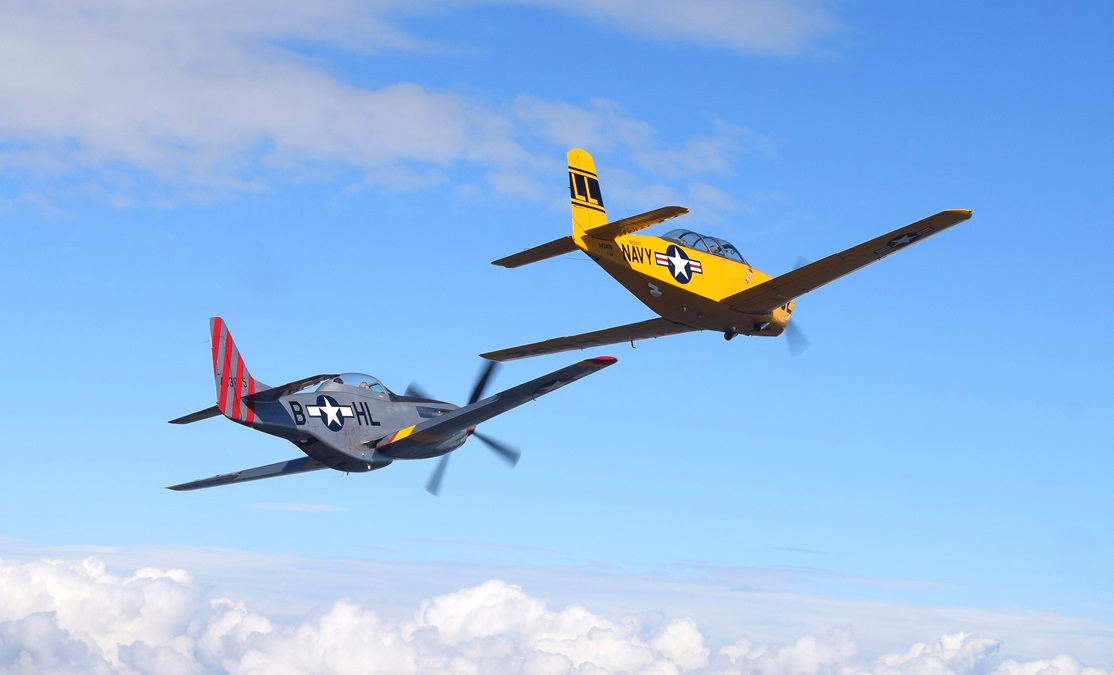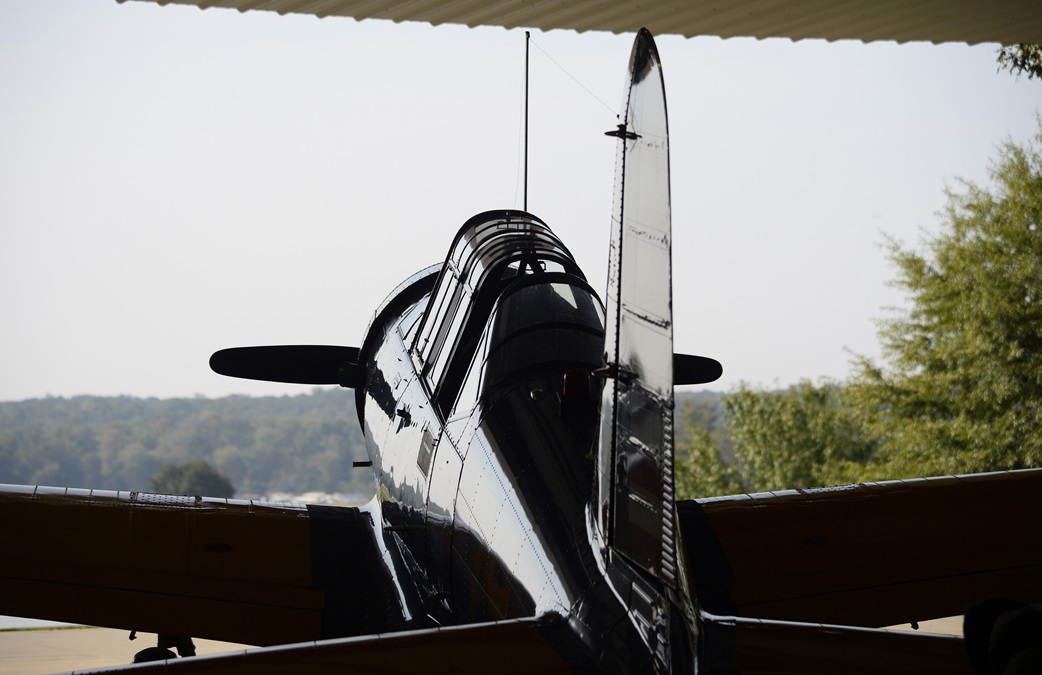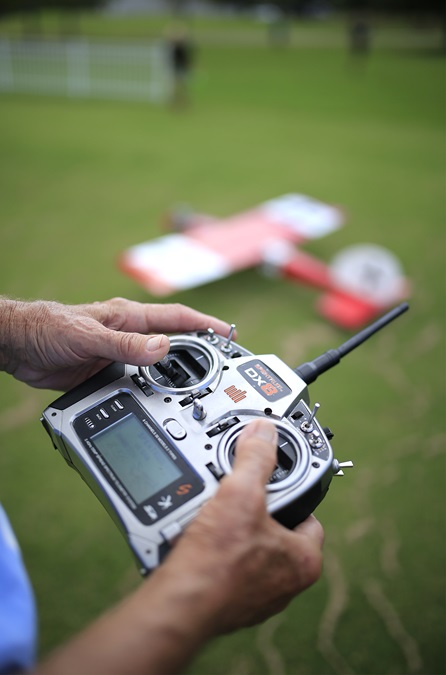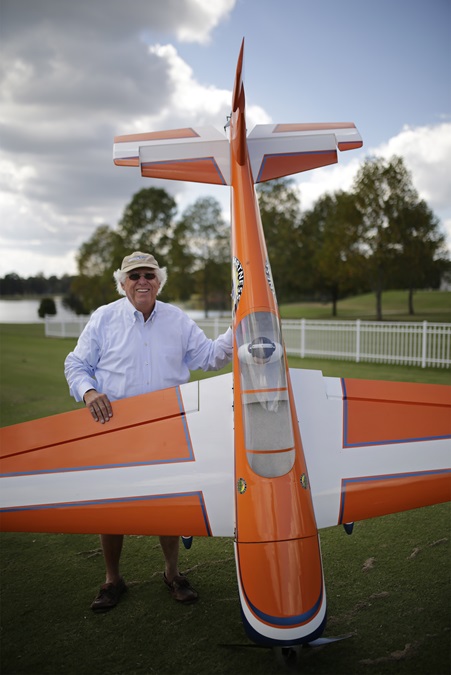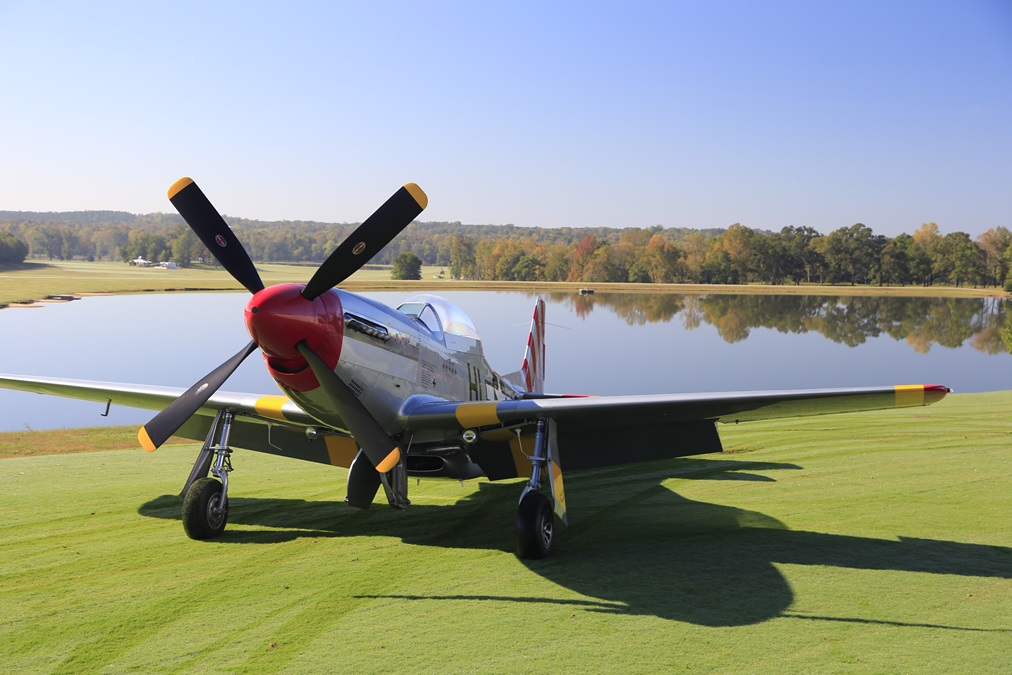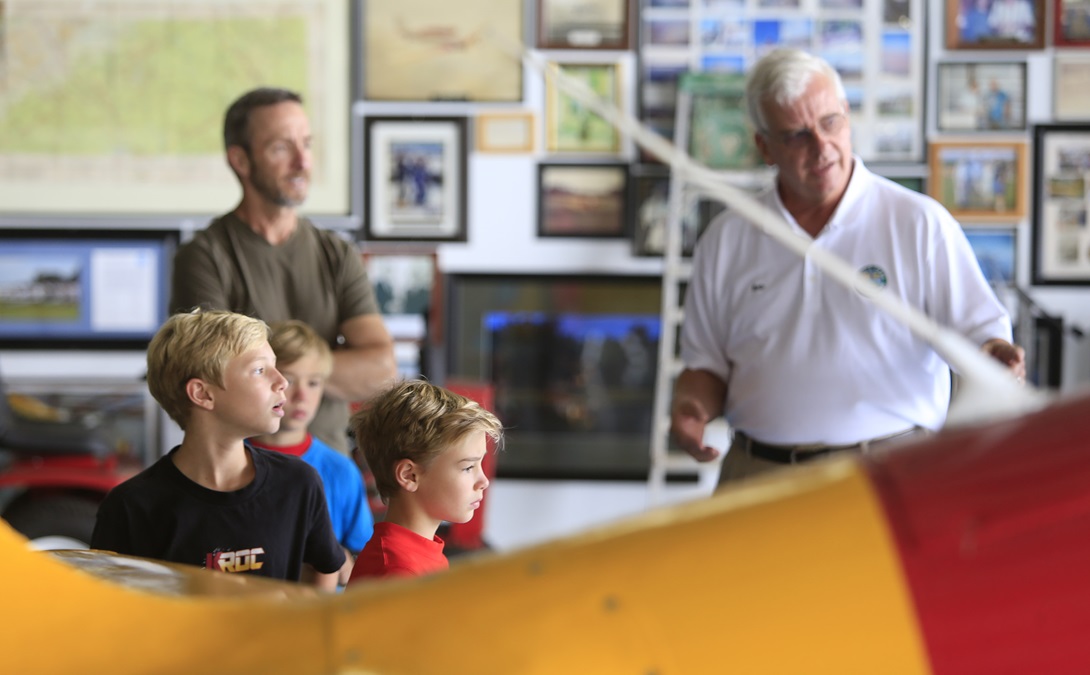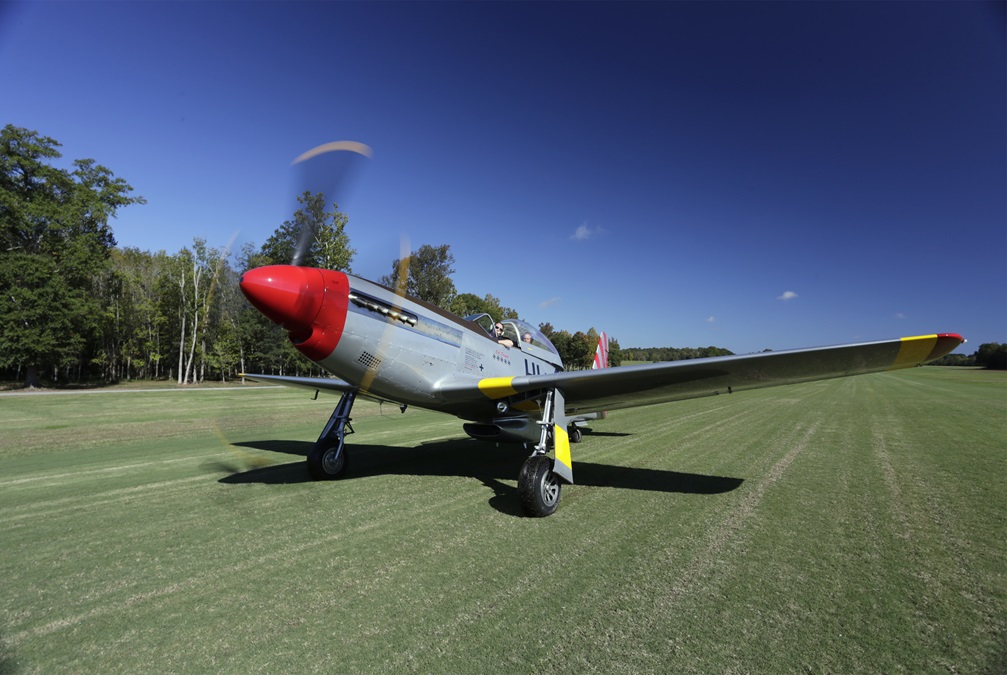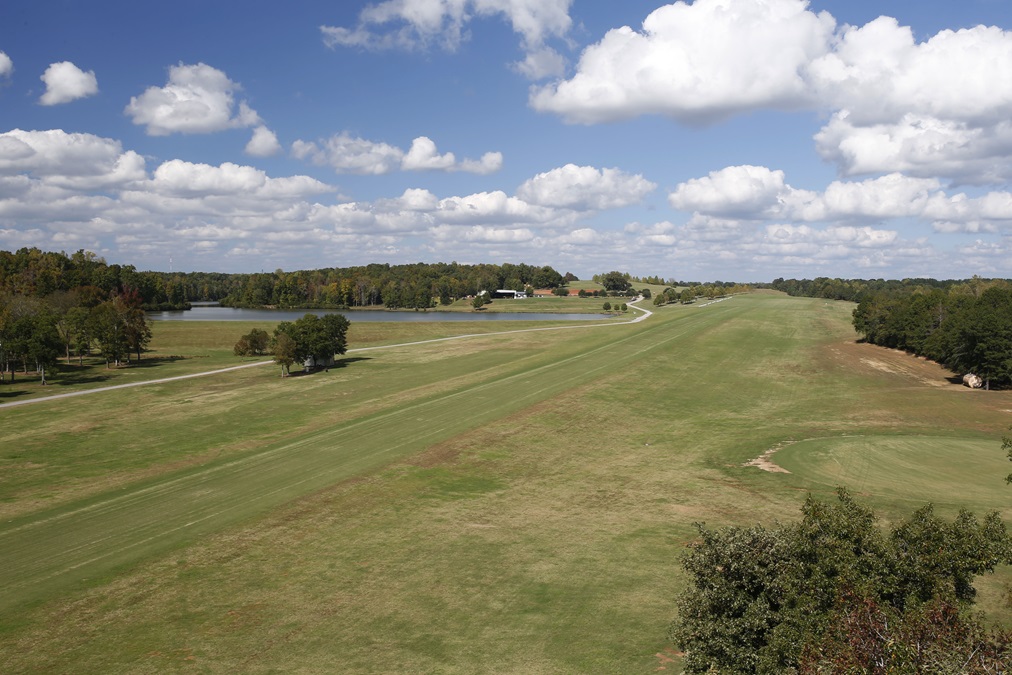Young aviators to descend on Triple Tree
Fly in set for June 8 to 10
College student Cayla McLeod and commercial pilot Ryan Hunt are out to launch “the young people’s Oshkosh” at the sprawling Triple Tree Aerodrome, known for its putting-green-perfect 7,000-foot-long grass strip, in South Carolina June 8 through 10. McLeod, a tailwheel private pilot who earned her certificate in January, pledged to make the first-ever Young Aviators Fly-In a low-cost, fun event with options that keep visitors occupied and engaged.
The University of West Georgia communications major said the fly-in would be “for young aviators and presented by young aviators.”
“We’re hoping to have a movie night, swimming in the pond, and fishing. I’m not an RC person, so I don’t know anything about it, but the folks at Triple Tree are the experts,” she continued, “and we plan to teach kids how to solo an RC airplane.” The airfield hosts the springtime Joe Nall week, an RC aviation event that draws thousands of hobbyists.
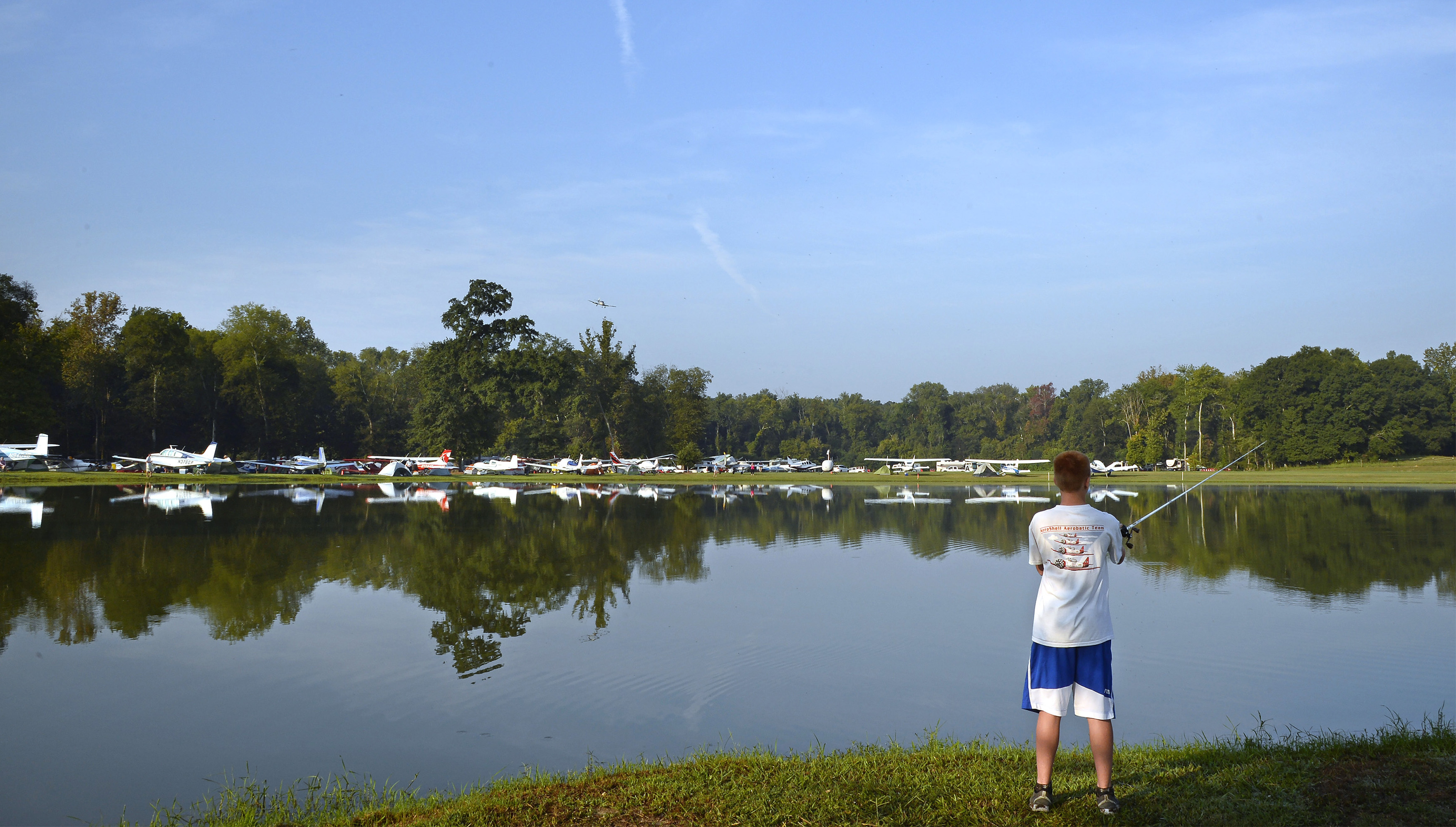
Attendees can purchase continental breakfast for a small fee, and food trucks will be on site throughout the weekend. “We’re trying to keep costs down because it’s for youth and these kids won’t be coming in with a boatload of money,” the pragmatic McLeod continued.
Other plans include free camping, the access to wood-paneled restrooms with showers, and a lot of camaraderie. A wooden gazebo and pavilion is an ideal gathering spot for judging others’ landings to Runway 03/21.
“Back in September my boyfriend Ryan Hunt and I got an invite from Triple Tree’s [owner] Pat Hartness to come up for a private tour and we loved it,” she said. “They spoke to us about finding a way to get more youth involved at Triple Tree and we determined that a youth fly-in would be a great idea.” She and Hunt—a third generation pilot—visited the idyllic airfield several times to solidify the youth fly-in.
A recent Triple Tree highlight for the couple included a surprise flight for Hunt in a North American P–51 Mustang alongside his parents, who were keeping formation in a Beechcraft T–34 trainer. A beaming McLeod photographed the warbirds from the cockpit of a Van’s Aircraft RV–7.
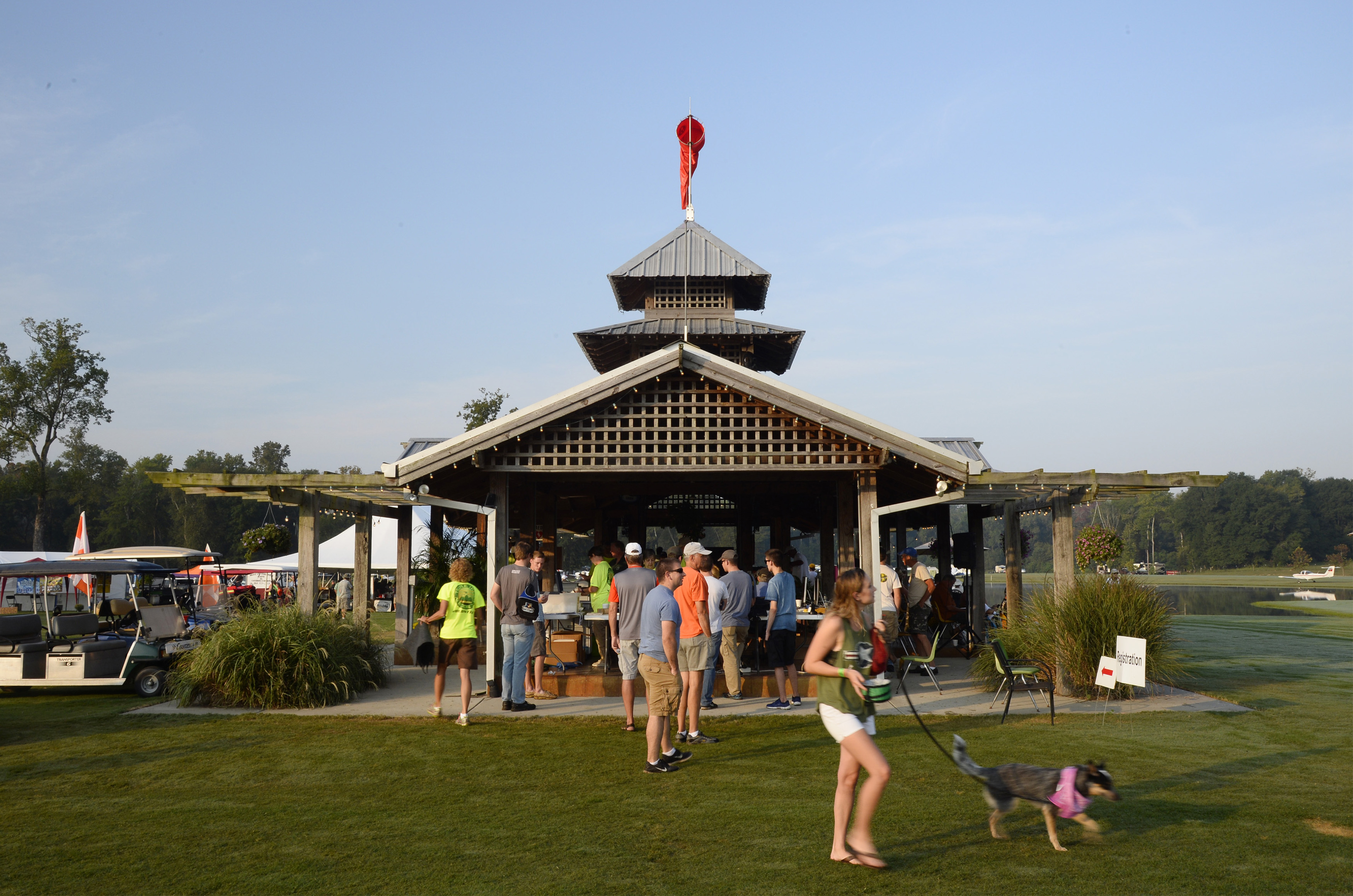
She invited “dozens of colleges” with aviation programs and received commitments from many, including Auburn University, Middle Georgia State University, Middle Tennessee State University, and Averett University in Virginia.
McLeod said aviation workshop subjects, panel discussions, and safety seminars will be tailored to improve younger pilots’ decision making and presented in an engaging environment. One topic will be how to tackle external pressures from friends “when the weather is kind of iffy.” Ongoing talks with FAA safety personnel will identify other subjects of interest to newer pilots, she added.
Triple Tree hosts general aviation fly-ins, a winter chili festival, and other special events. A gathering to view the Aug. 21, 2017, total solar eclipse attracted hundreds of aircraft owners for a weekend of cookouts, informal aircraft judging, and socializing.
Airfield personnel have their eye on increasing the pilot population and recently announced a free, four-phase Aviation Centered Education (ACE) weekend program that focuses on youth ages 8 to 18 and includes introductions to aerodynamics, RC and simulator flying, construction, safety, and controls.
McLeod’s aviation background began when mentor, entrepreneur, and retired Delta Air Lines pilot Ron Alexander took her up in a Douglas DC–3 for her first airplane ride. The experience was transformational, and she started flying lessons under Alexander’s wing at his idyllic Peach State Aerodrome, a grass airstrip south of the dense Atlanta Class B airspace. She thought of him “as a grandfather in many ways” and was devastated when Alexander died in a 2016 Curtiss JN–4 accident.
One of Alexander’s goals was sharing the excitement of aviation with young people, so he had established the Candler Field Museum aviation youth mentorship program at his home airfield (now known as Alexander Memorial Airport). In his remembrance, McLeod designed a sky blue, gray, and brown wrist band and donated the proceeds to continue Alexander’s youth education program “so that Ron’s dream could carry on.”
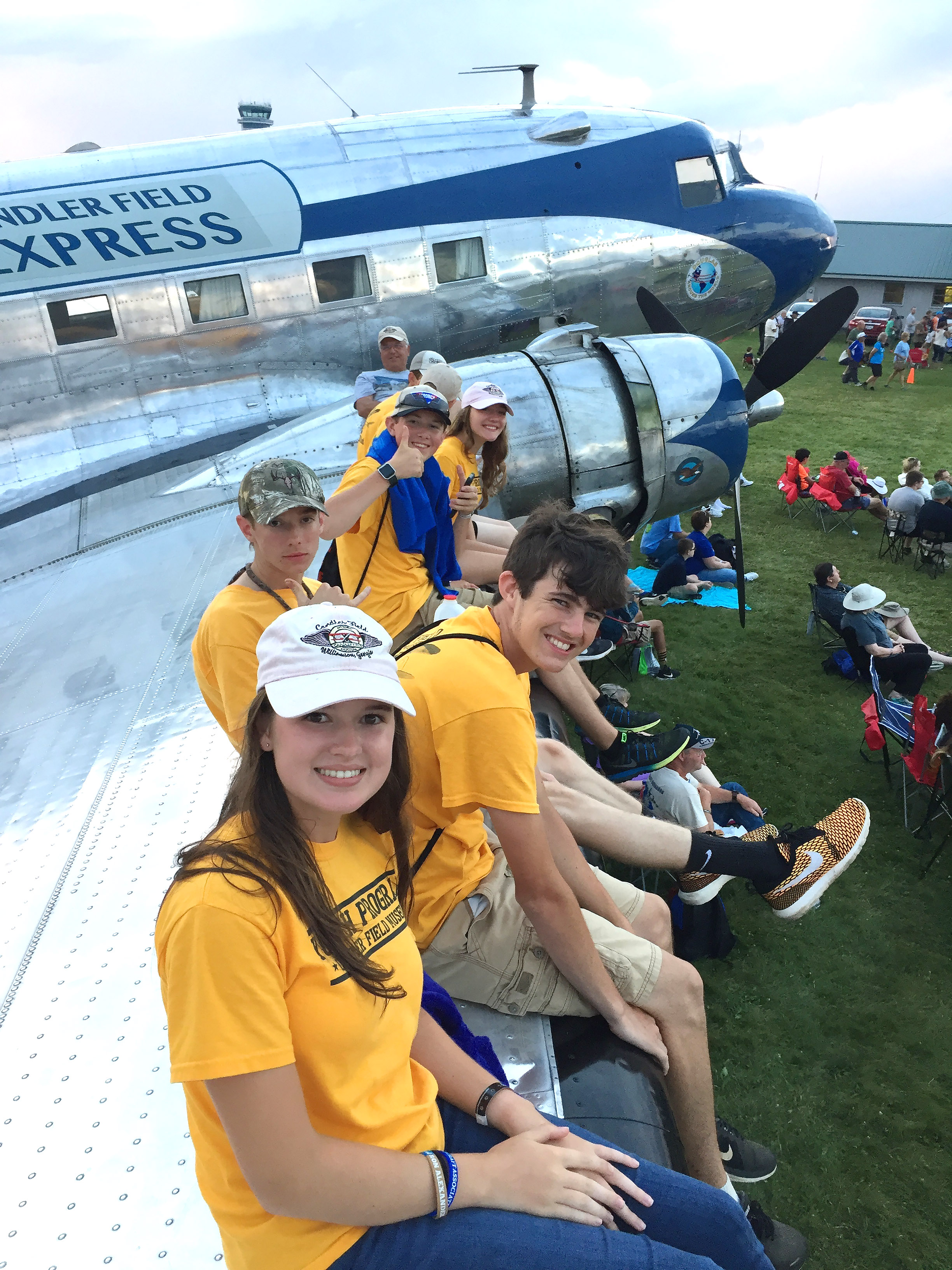
She has maintained a relationship with the facility—and with aviation-minded young people like herself—despite her commute to college more than an hour away. When she graduates, McLeod said she plans to pursue an aviation industry job that combines flying and communication skills.
McLeod said aviation enthusiasts of all ages are invited to attend Triple Tree’s Young Aviators Fly-In, including those who are "young at heart" and can help point the next generation of aviators in the right direction. “It may be called the Young Aviators Fly-In, but everyone is welcome to attend and we need help from seasoned aviators as well.” With coaching from the Hartness family and others, she vowed to make the gathering a safe and successful event.
“I love this industry, and I love bringing kids into it,” she continued. “We’ll have kids in charge of different aspects of the weekend’s events to show people that ‘Yes, we’re young but we can still do this.’”
AOPA also has several programs in place to ensure a robust future for aviators. The goal of our You Can Fly High School Initiative is to help build and sustain aviation-based STEM programs and provide a quality workforce to the aviation industry. We also support flying clubs, Rusty Pilots seminars, and other pilot-support mechanisms that make flying safe, fun, and affordable.

